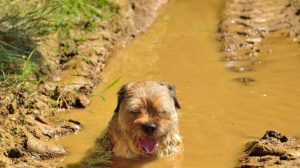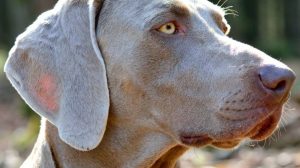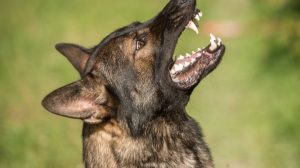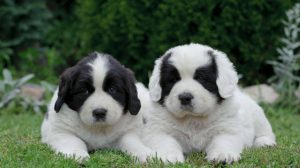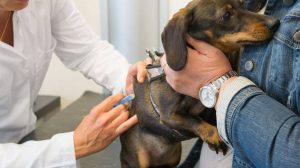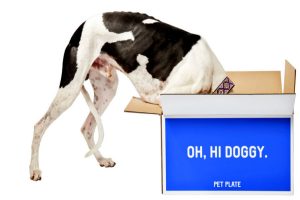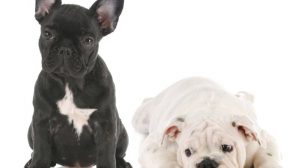The Bichon Frize quickly becomes part of the family with its affectionate and obedient nature. It is very robust and has a long life expectancy. Still, there are some things you can do to keep your furry family member healthy.
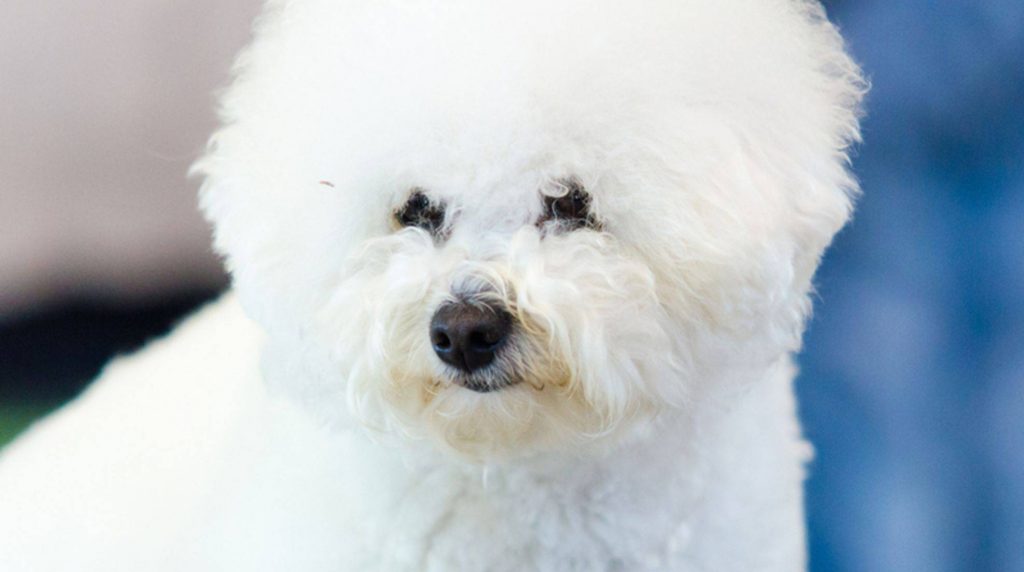
Sure, all owners would prefer it if the Bichon Frisé never got sick. Here you can find out which diseases can still occur, prevent them and what you should watch out for in old animals.
Life expectancy and common diseases
The Bichon Frize is not very prone to disease and can live a very long time, with an average life expectancy of around 15 years. The oldest documented dog of this breed was even 19 years old. However, some diseases can occur more frequently in Bichons:
● Problems with the kneecap or joint
● Malformation of the hip joint
● Dental problems
● watery eyes
● skin problems
How does my Bichon stay healthy?
To enable the Bichon Frize to live as long as possible without any symptoms and in the best of health, regular visits to the veterinarian are recommended. Necessary vaccinations and wormers are indispensable as sufficient exercise and species-appropriate housing. There are also some tips on care and nutrition that you should consider.
Care tips for the Bichon Frize
Although the Bichon is not particularly demanding, grooming should not be neglected. The fine hair of young animals should be brushed for several minutes every day if possible to prevent it from matting and to cause itchy skin areas. For older animals, brushing twice a week is usually sufficient. It would help if you only bathed the little fur nose every 4 to 6 weeks.
For your four-legged friend to keep a clear view, the hair in the eye area must also be trimmed regularly. It is best to have a professional show you the right “hairstyle” the first time before you reach for the scissors yourself. If your dog tends to have watery eyes, you should also carefully dab off the excess liquid and any residue with a cloth.
Nutrition tips for the little Wuschel
Bichon Frisé comes from the French “bichonner”, which means something like “pampering” because masters and mistresses usually mercilessly pamper their little four-legged friends. He is constantly being given one or two treats. However, this often leads to Bichon having to struggle with being overweight. Therefore, keep in mind that your pet should only weigh between 3 and 5 kilograms – the amount of food should be dosed accordingly. He only needs 250 to 300 grams of dog food in his bowl every day.
Dog owners usually argue about the right balance between wet and dry food. Make sure that the food you choose contains a lot of protein and sufficient minerals and vitamins. He doesn’t need sugar at all. Carbohydrates and fat should be kept to a minimum. You can also feed your adult dog chopped raw beef at least once a week. Freshwater, on the other hand, must be available at all times.
The Bichon Frize in old age
The energy content of the feed should be reduced for animals over the age of eight, as they usually consume fewer calories and are therefore even more prone to becoming overweight. The aged bichon frisé also needs less fat but more protein. The food should also be served in three smaller portions throughout the day to not put too much strain on the digestion of the four-legged friend.

